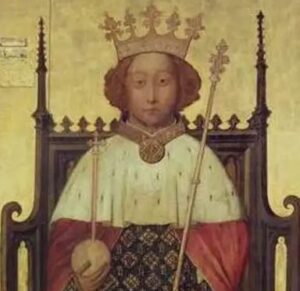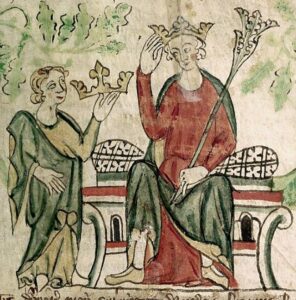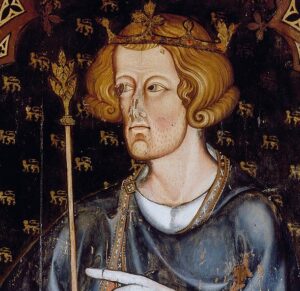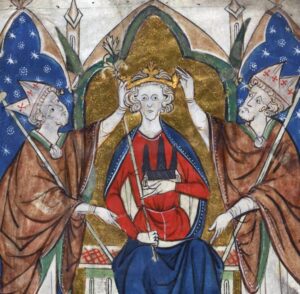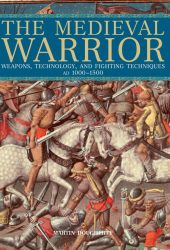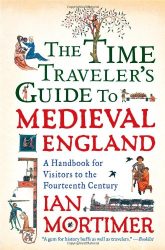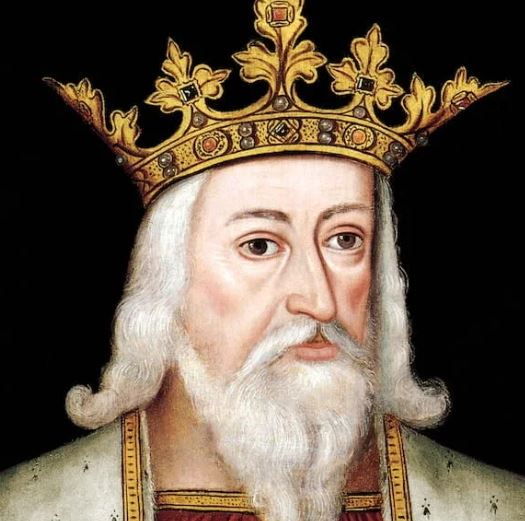
Edward III, born on November 13, 1312, was one of medieval England’s most illustrious monarchs, known for his military prowess, diplomatic skill, and ambitious territorial expansion. He ascended to the throne in 1327 following the forced abdication of his father, King Edward II, and his reign would span over half a century, making him one of England’s longest-reigning monarchs.
Who Was Edward III?
Edward III’s early years as king were marked by the influence of his mother, Queen Isabella of France, and her lover, Roger Mortimer, who effectively ruled England as regents. However, Edward soon asserted his authority and took control of the government in 1330, overthrowing Mortimer and executing him for treason.
One of Edward III’s greatest achievements was his military prowess and success on the battlefield. He revitalized the English army, instituting reforms and innovations that would transform warfare in Europe. Edward’s military campaigns were marked by his victories in the Hundred Years’ War, a protracted conflict between England and France over territorial claims in France.
The Battle of Crécy in 1346 and the Battle of Poitiers in 1356 were two of Edward’s most famous victories, where the English army, led by Edward himself, achieved stunning successes against much larger French forces. These victories solidified Edward’s reputation as a warrior king and brought him immense prestige and acclaim.
In addition to his military conquests, Edward III’s reign saw significant developments in governance, law, and culture. He presided over a period of relative stability and prosperity in England, fostering trade, commerce, and the arts. Edward also played a crucial role in the development of parliamentary institutions, convening the first English parliament in 1295 and establishing the principle of parliamentary consent for taxation and legislation.
Edward III’s later years were marked by personal tragedy and political challenges, including the outbreak of the Black Death in 1348, which ravaged England and Europe, and the onset of the Hundred Years’ War. Despite these challenges, Edward remained a formidable and influential monarch until his death on June 21, 1377, at the age of 64.
Edward III left behind a legacy of military glory, political reform, and cultural achievement. His reign marked a golden age in English history, characterized by chivalry, knightly valor, and the flowering of English nationalism. Edward’s achievements laid the foundations for the emergence of England as a major European power and secured his place as one of England’s greatest monarchs.
More Members of the Plantagenets Dynasty
The Plantagenets were a powerful dynasty that ruled England from the 12th to the 15th centuries, shaping the course of English history during the medieval period. They were known for their complex family rivalries, military conquests, and cultural patronage.

